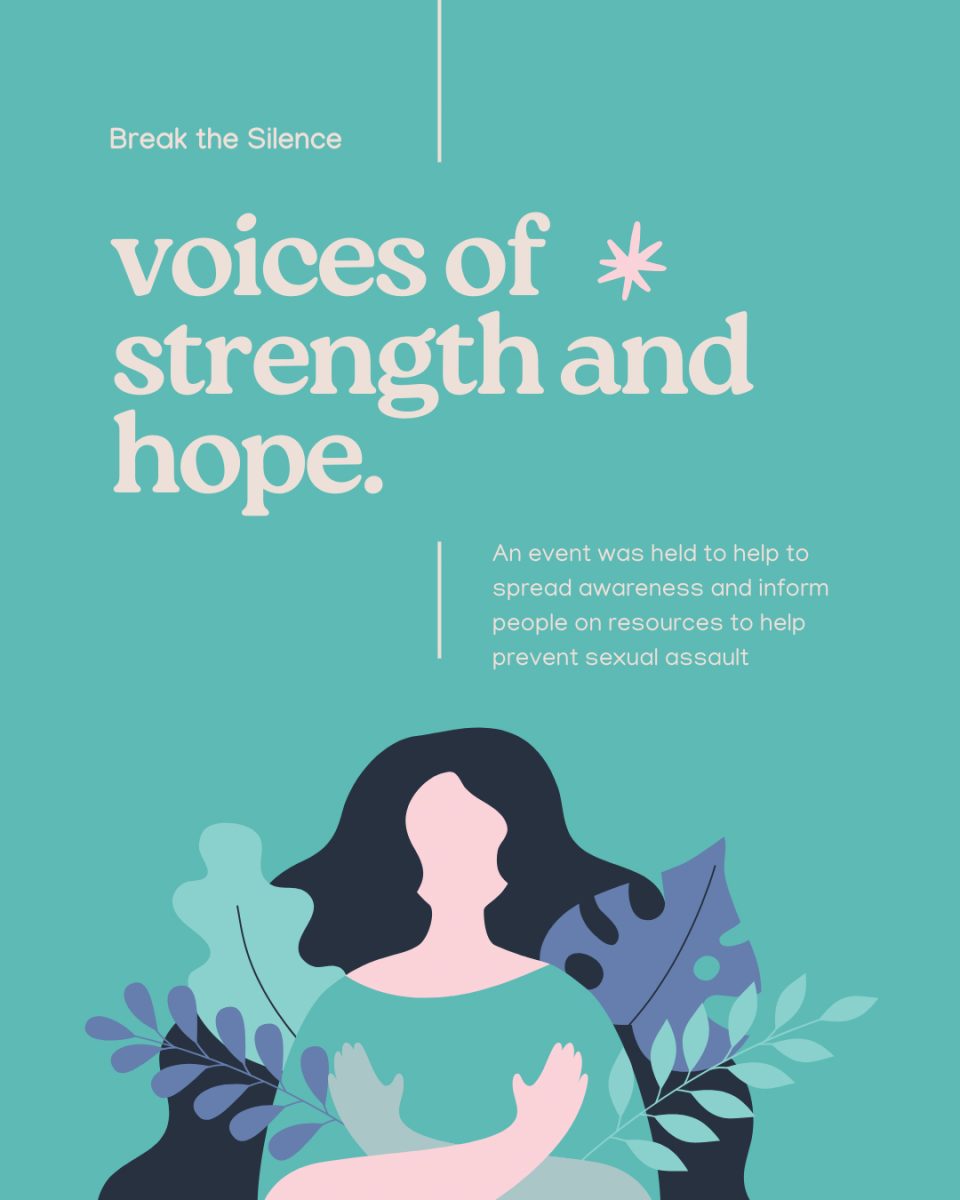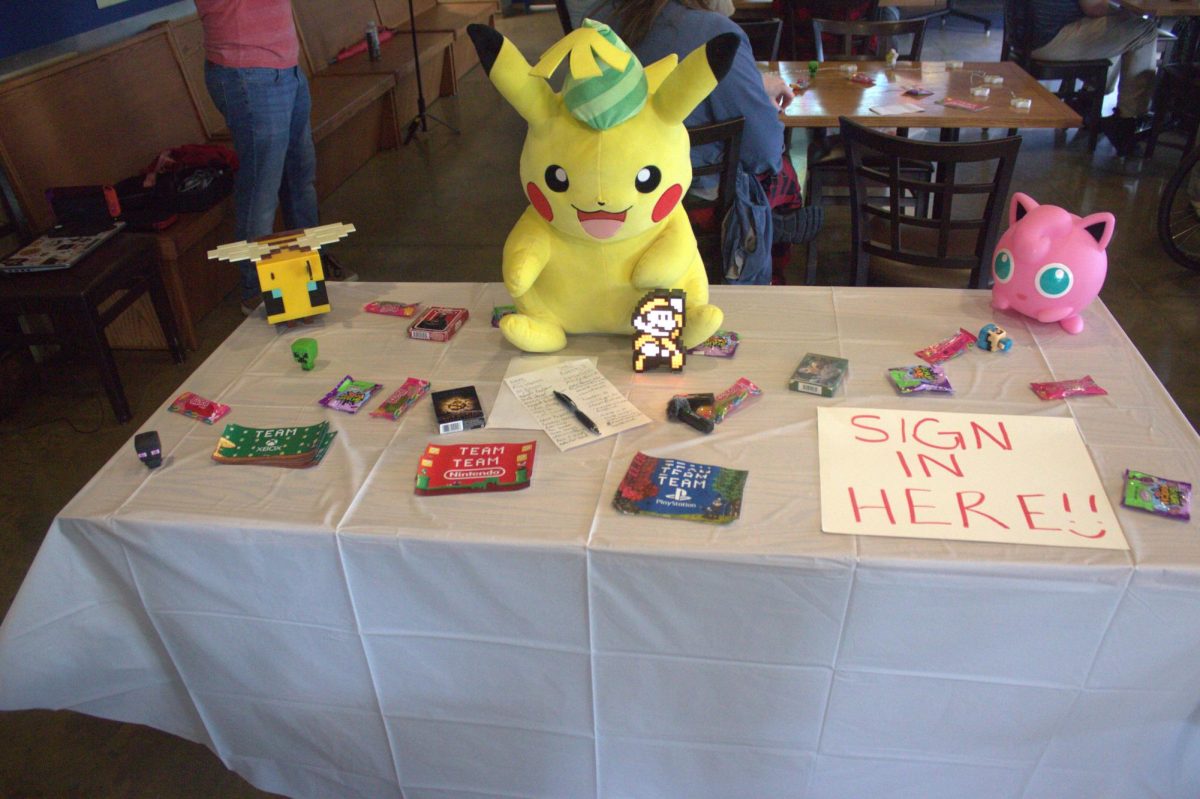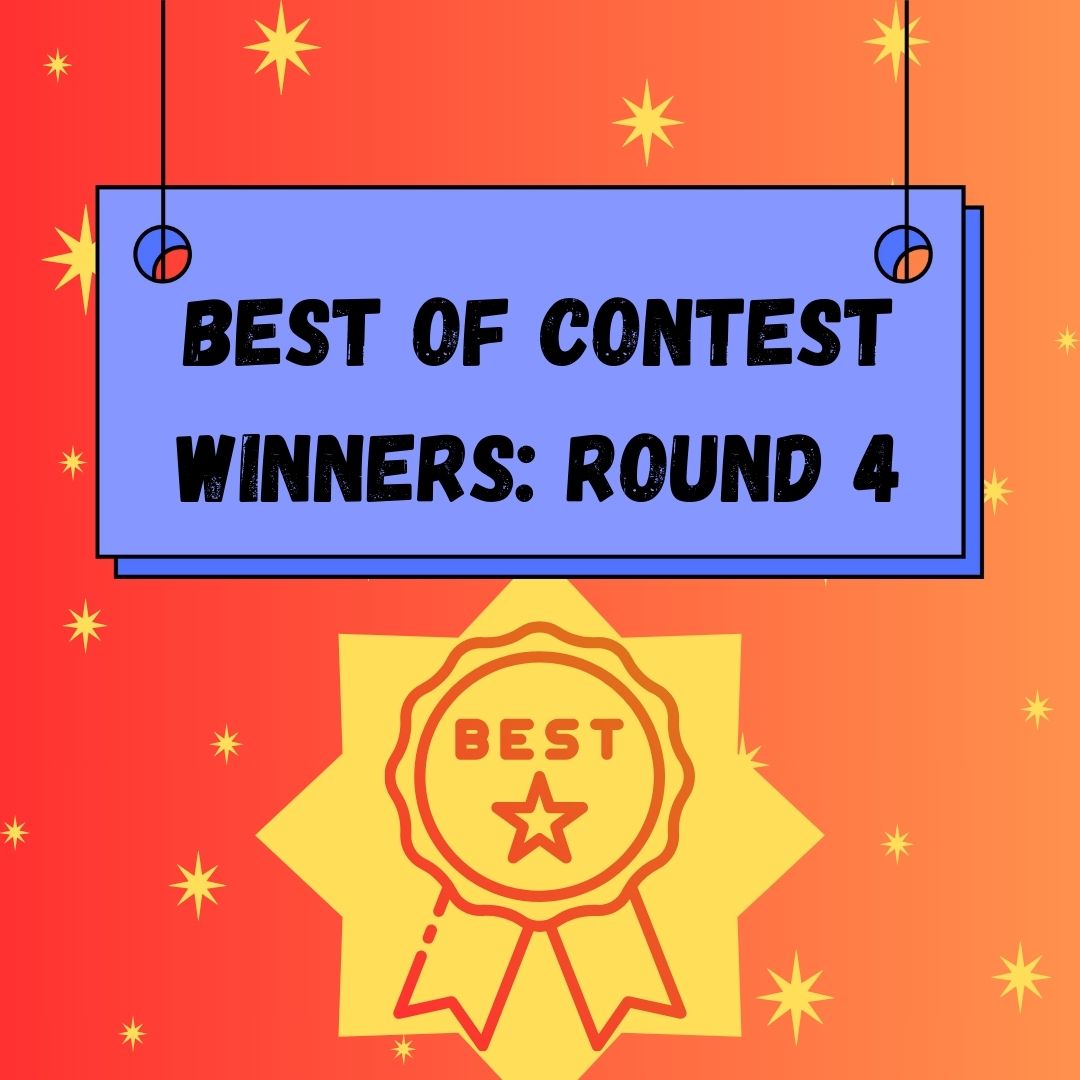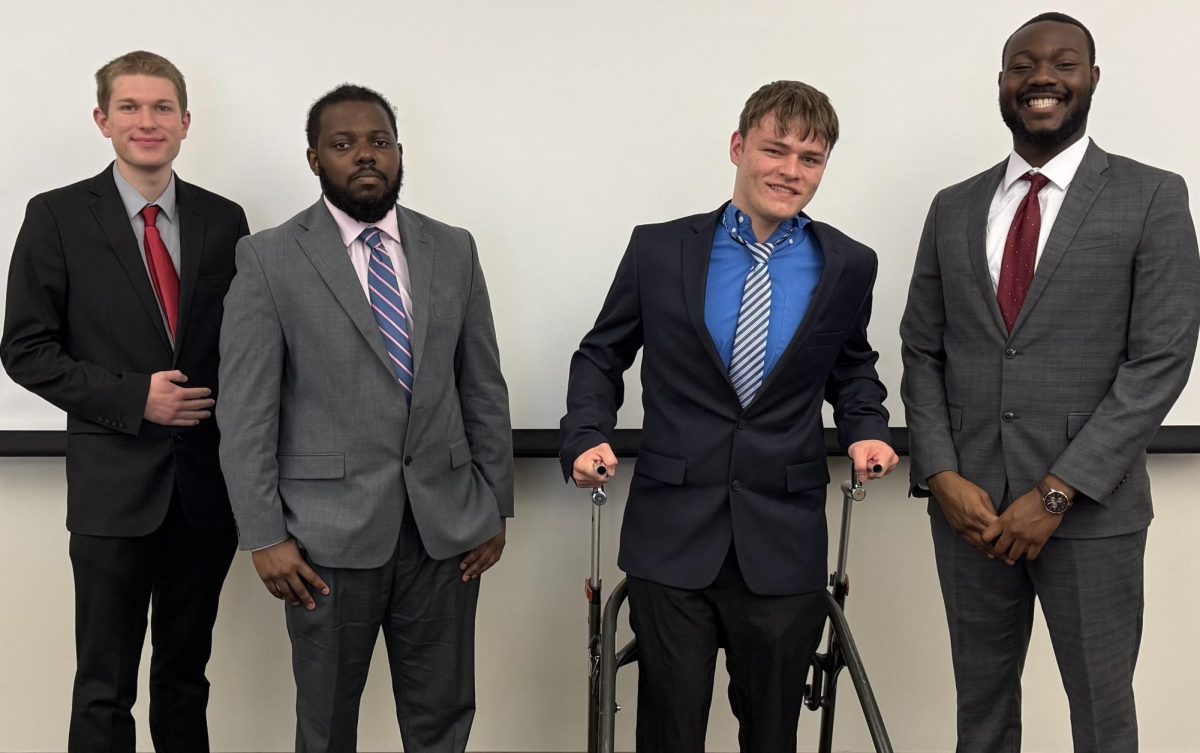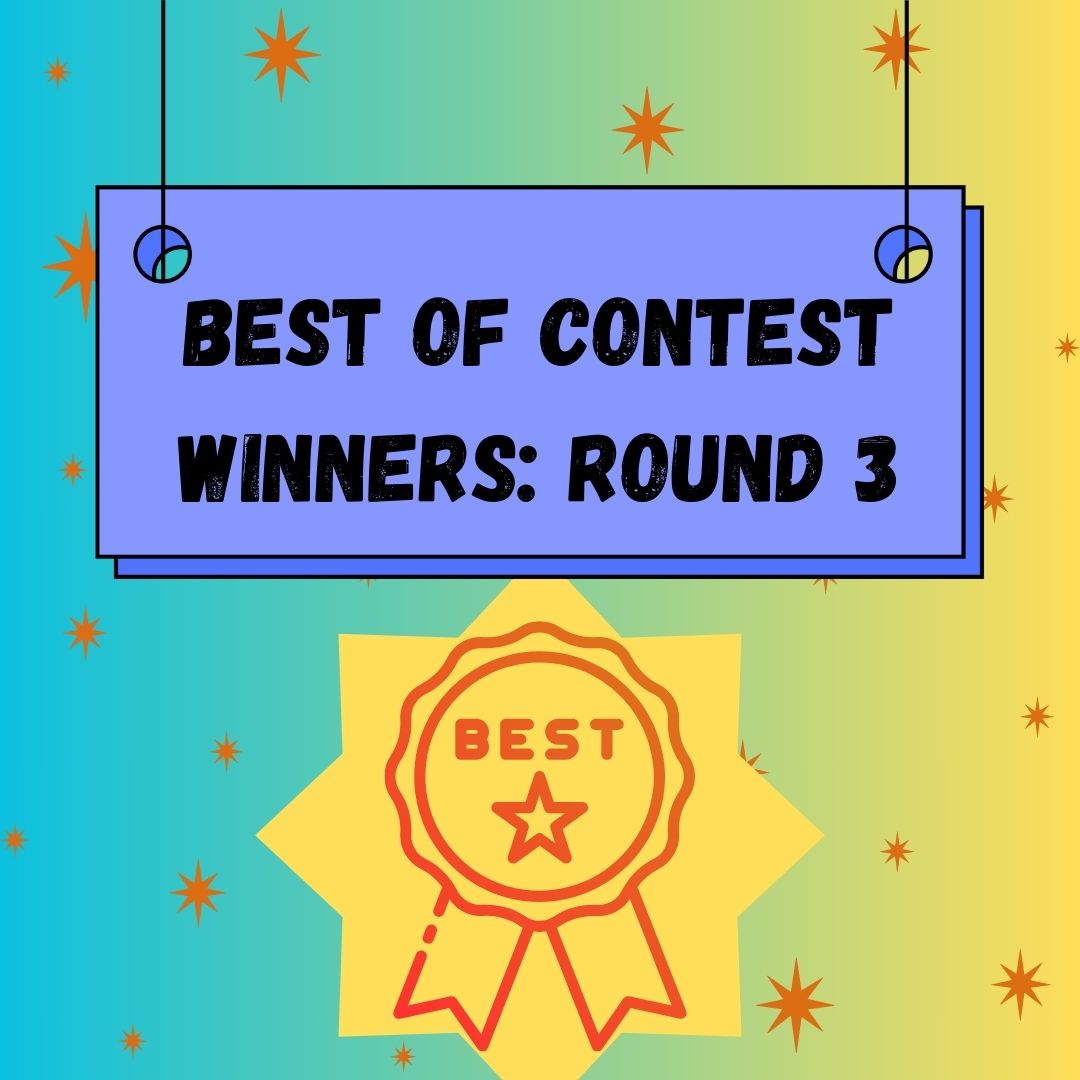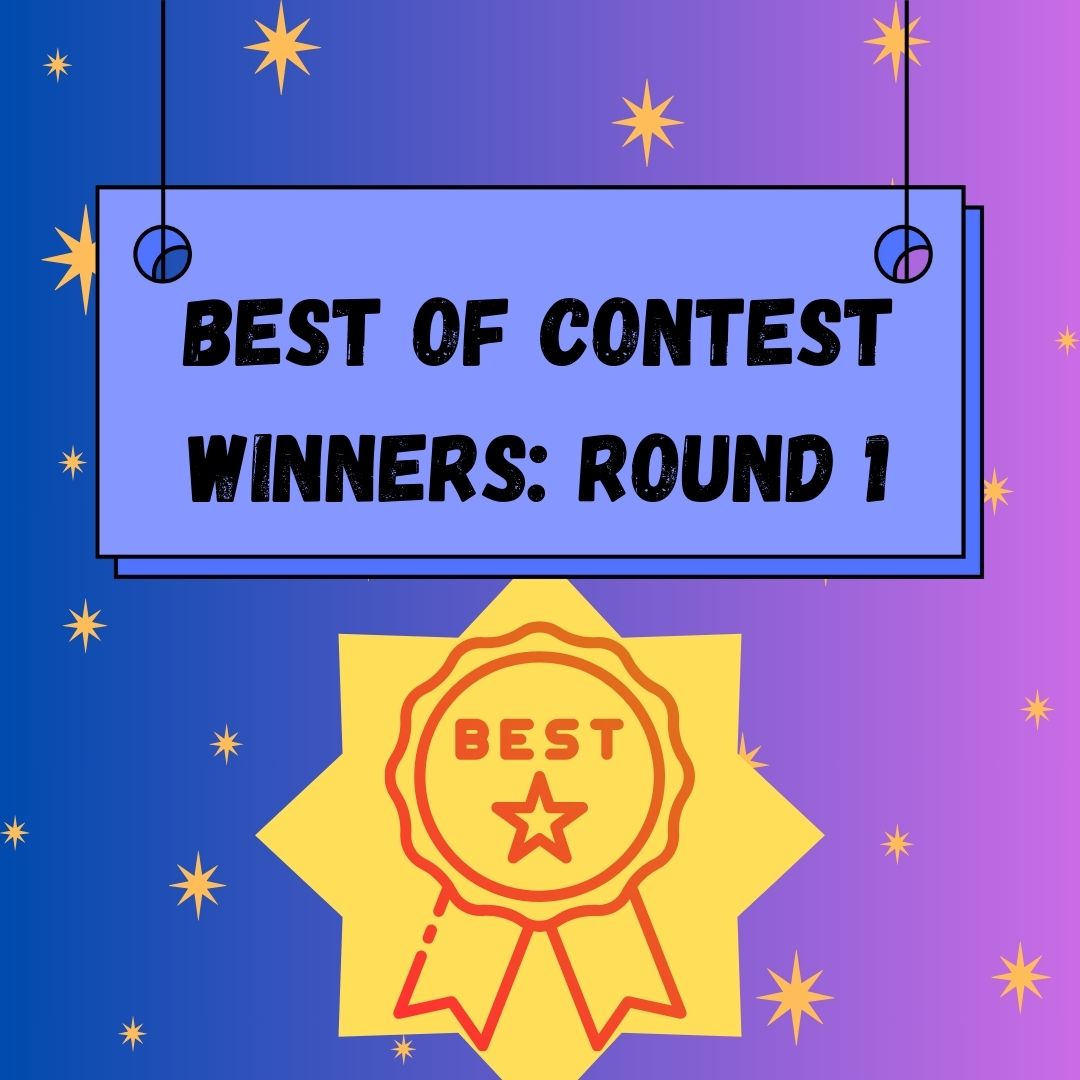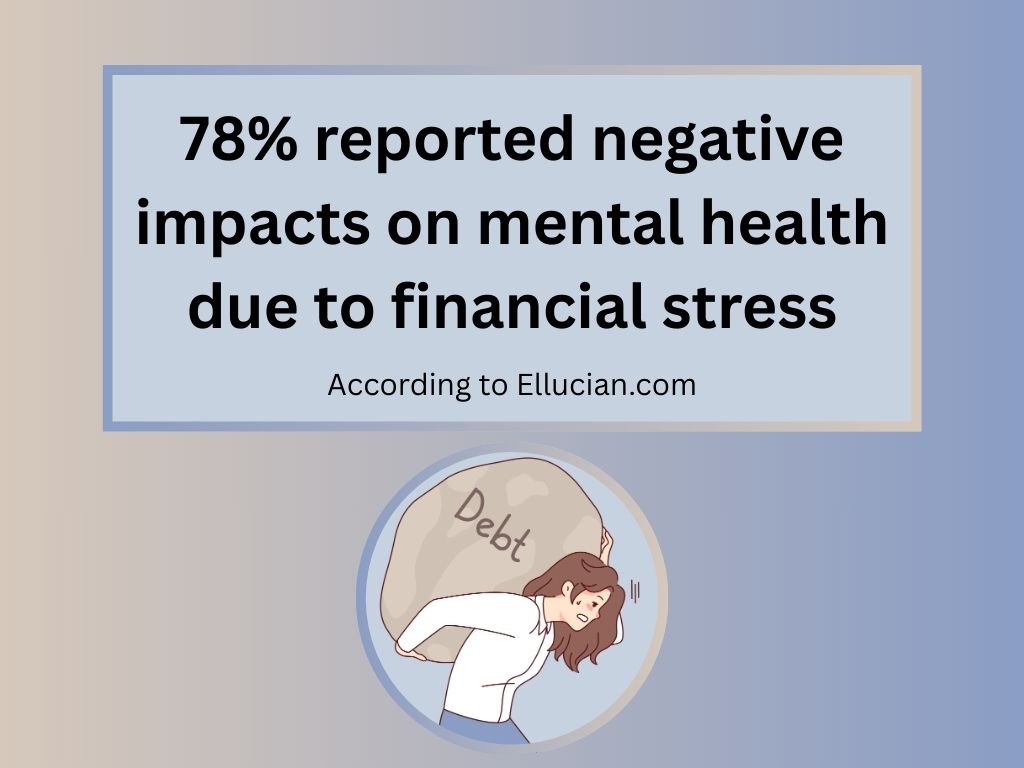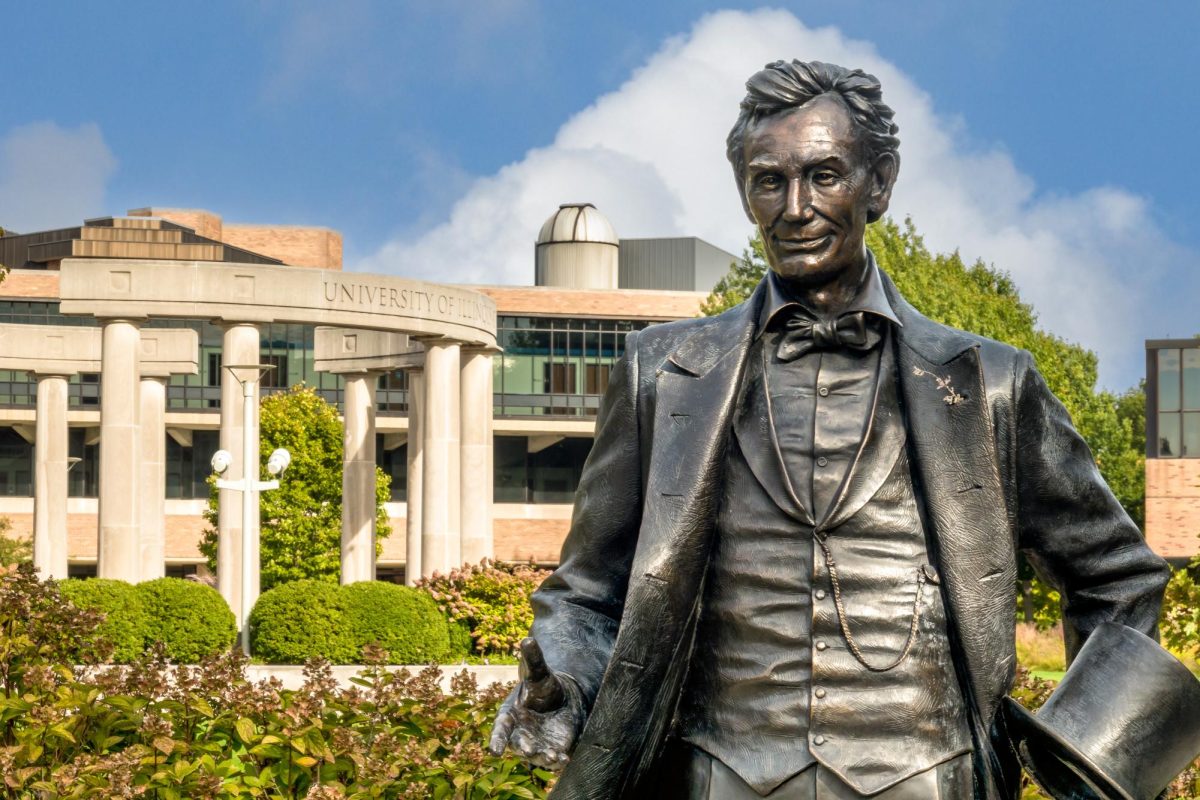The sound of silence
Day of Silence brings attention to those who can’t speak out
April 27, 2016
There is a difference between being silent and being silenced. To be silenced is to be excluded by an external force which, through fear, disregard, or isolation, ensures that a voice can not be heard, or that the voice is never raised at all.
To be silent is a choice. It may not be a free one, but it is, in its most basic form, a decision to leave the space that exists between us human beings empty.
On Friday, a choice was made to be silent as a demonstration during A Day of Silence, an event held to show solidarity with those who are silenced by the society they call home.
The event was held to highlight three separate groups that, despite their differences, share a common condition of struggling to speak out: LGBTQ individuals (especially children), undocumented immigrants, and those with physical and/or mental disabilities.
Kerry Poynter, interim executive director of the Diversity Center, said that it was an attempt to “draw attention to silence,” to highlight “identities that are invisible […] that you can’t visually see, or might not be aware of.”
While there is a difference between being silent and being silenced, the hope of those who on this day chose to be silent is that they show their solidarity with those who have been and are being silenced.
Human beings are social creatures. We go to impossible lengths to fill the space between one another, to excise silence. The hope, then, the operating premise of A Day of Silence, is that the act of refusal to fill that space, the refusal to be one of the voices that is heard, is an act that sparks curiosity or conversation, which eventually leads to dialogue about the meaning of that silence.
Moreover, there is the need to understand, to internalize, the experience of being unable to speak. In that way, A Day of Silence is not primarily concerned with the continued silence of the marginalized, but rather with the silence of those who can be and are heard.
There is a national Day of Silence, created specifically for LGBTQ youths. According to the national organization’s website, “In 1996, students at the University of Virginia organized the first Day of Silence in response to a class assignment on non-violent protests with over 150 students participating.”
The organization of A Day of Silence is necessary because of the abuse that LGBTQ youth faces.
According to the Day of Silence website, “The GLSEN ‘2013 National School Climate Survey’ found that nearly nine out of 10 LGBT students report verbal, sexual or physical harassment at school and more than 30 percent report missing at least a day of school in the past month out of fear for their personal safety.”
The UIS Day of Silence has grown of its own accord to include undocumented immigrants and those with disabilities, physical or otherwise, and Poynter emphasized the day’s nature as an “intersectional event.”
Poynter is the one responsible for that intersectionality, expanding the day to those who “are felt to be outcasts, the ones who are bullied,” the goal being to “bring social identities together and bring some unity.”
Poynter asked, “Why don’t we expand the scope and allow other people to come?”
At the conclusion of the day, when the silence ended, was the presentation of a documentary by Esau Melendez telling the story of an undocumented immigrant who fought for years against deportation.
In her introduction of the film, Sophia Gehlhausen Anderson, coordinator of Programs and Outreach for Hispanic/Latino Students, said that the film was “meant to humanize the issue of immigration reform” by showing “a young single mother who fought her deportation to protect her only child.”
Anjali Godhani, a computer science master’s student, who is herself an internatinal student, came to the event because of its focus on immigration. Godhani said the event gave her an insight into the issue of immigration in America.
“I didn’t know they were considered ‘illegals,’” Godhani said.
Godhani, however, wasn’t sure whether she agreed with the central premise of silence as tool for raising awareness: “Honestly, though, being silent doesn’t work, you have to raise your voice to protest.”
Jacqualine Williams, a public affairs reporting master’s student, did agree, saying “it gives you power because the first to speak loses.”
She supports the message of A Day of Silence by saying it helps to ensure that people “don’t take people’s humanness away.”
In the end, the goal of the day is to provide, eventually, voices for those who don’t have them.
As Poynter explained, “Those are the voices I don’t get to hear.”




